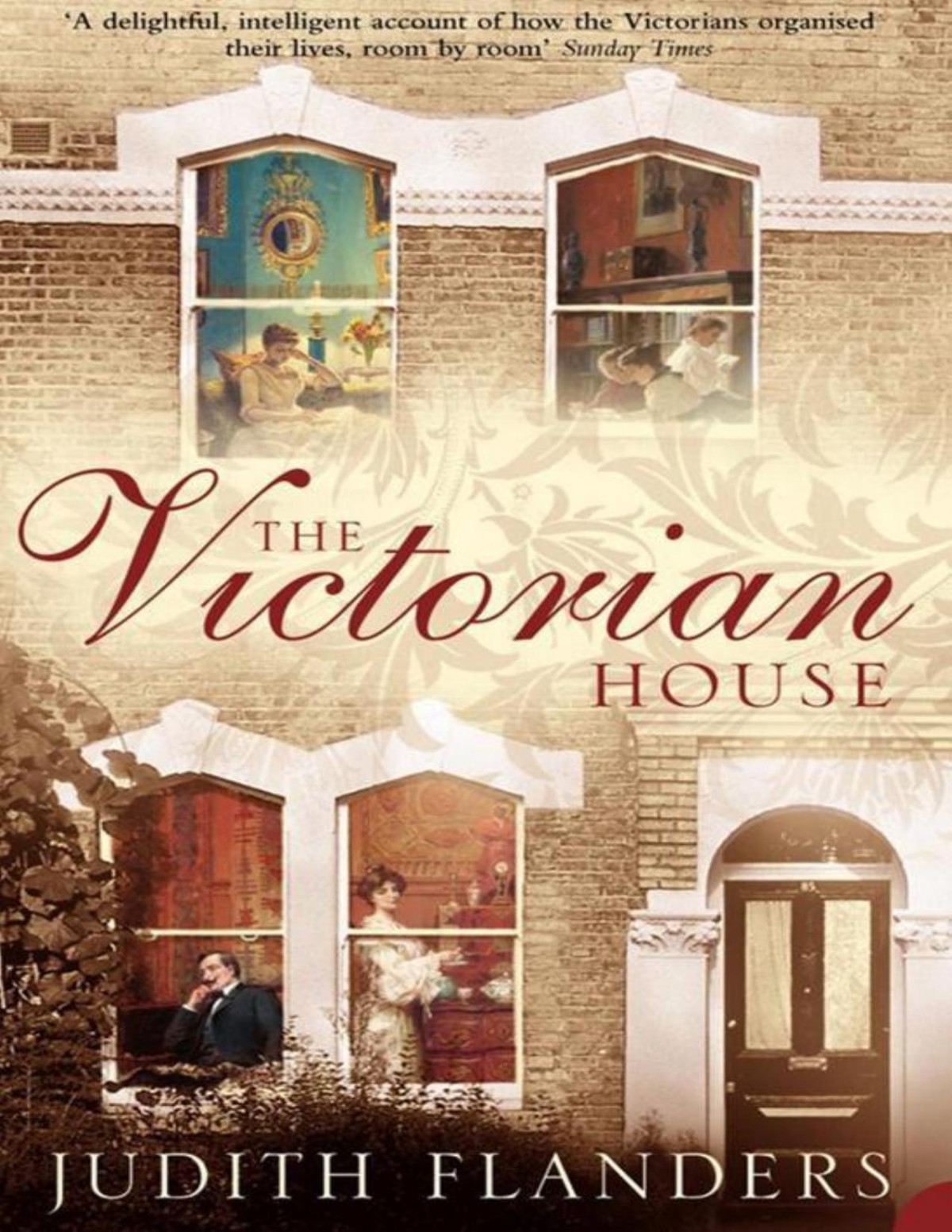

Most ebook files are in PDF format, so you can easily read them using various software such as Foxit Reader or directly on the Google Chrome browser.
Some ebook files are released by publishers in other formats such as .awz, .mobi, .epub, .fb2, etc. You may need to install specific software to read these formats on mobile/PC, such as Calibre.
Please read the tutorial at this link: https://ebookbell.com/faq
We offer FREE conversion to the popular formats you request; however, this may take some time. Therefore, right after payment, please email us, and we will try to provide the service as quickly as possible.
For some exceptional file formats or broken links (if any), please refrain from opening any disputes. Instead, email us first, and we will try to assist within a maximum of 6 hours.
EbookBell Team

4.3
88 reviewsThe bestselling social history of
Victorian domestic life, told through the letters, diaries, journals and
novels of 19th-century men and women.
Some images were unavailable for this electronic edition.
The
Victorian age is both recent and unimaginably distant. In the most
prosperous and technologically advanced nation in the world, people
carried slops up and down stairs; buried meat in fresh earth to prevent
mould forming; wrung sheets out in boiling water with their bare hands.
This drudgery was routinely performed by the parents of people still
living, but the knowledge of it has passed as if it had never been.
Running water, stoves, flush lavatories – even lavatory paper – arrived
slowly throughout the century, and most were luxuries available only to
the prosperous.
Judith Flanders, author of the widely acclaimed ‘A
Circle of Sisters’, has written an incisive and irresistible portrait
of Victorian domestic life. The book itself is laid out like a house,
following the story of daily life from room to room: from childbirth in
the master bedroom, through the scullery, kitchen and dining room –
cleaning, dining, entertaining – on upwards, ending in the sickroom and
death.
Through a collage of diaries, letters, advice books,
magazines and paintings, Flanders shows how social history is built up
out of tiny domestic details. Through these we can understand the
desires, motivations and thoughts of the age.
Many people today
live in Victorian terraces, and so the houses themselves are familiar,
but the lives are not. ‘The Victorian House’ will change all that.